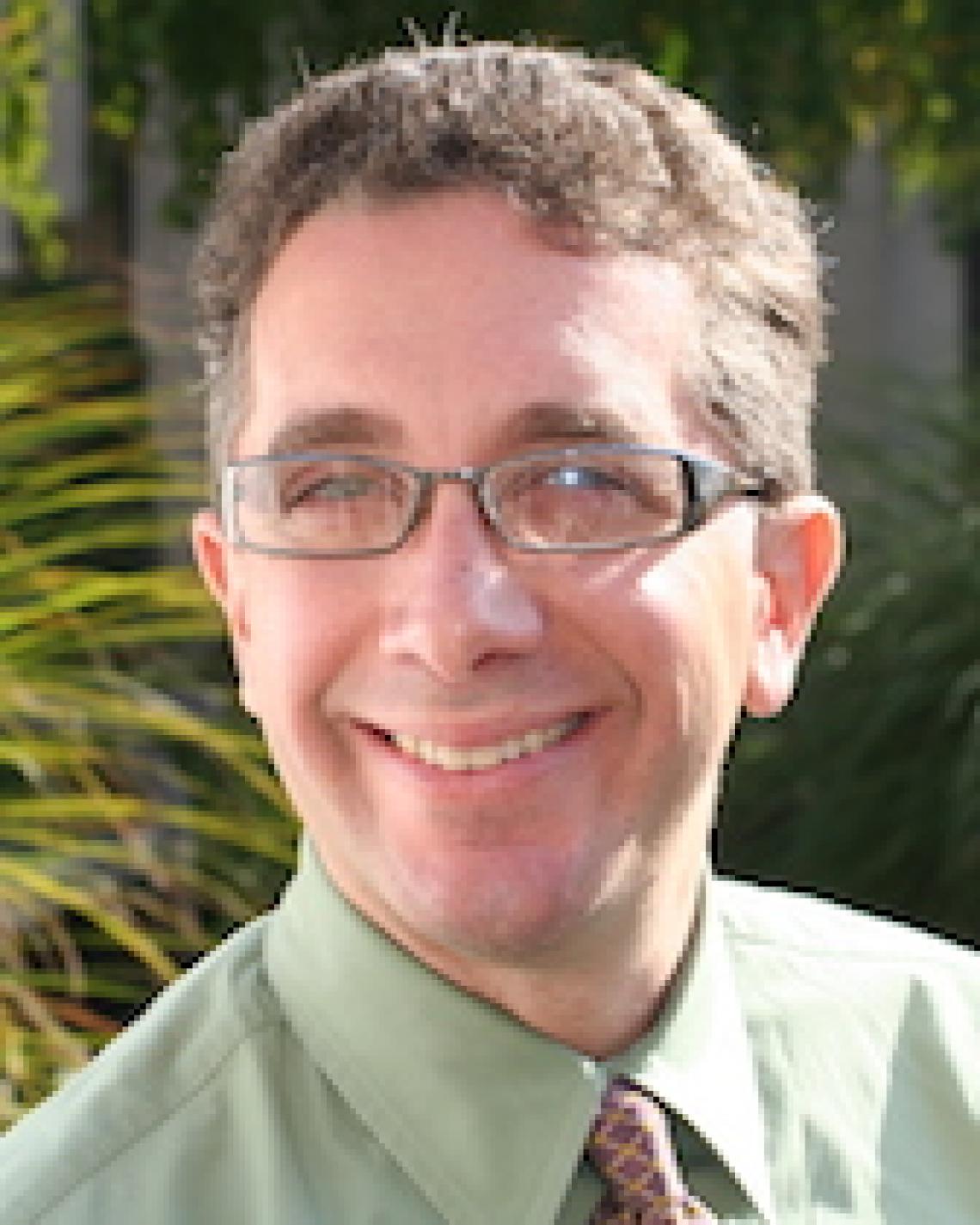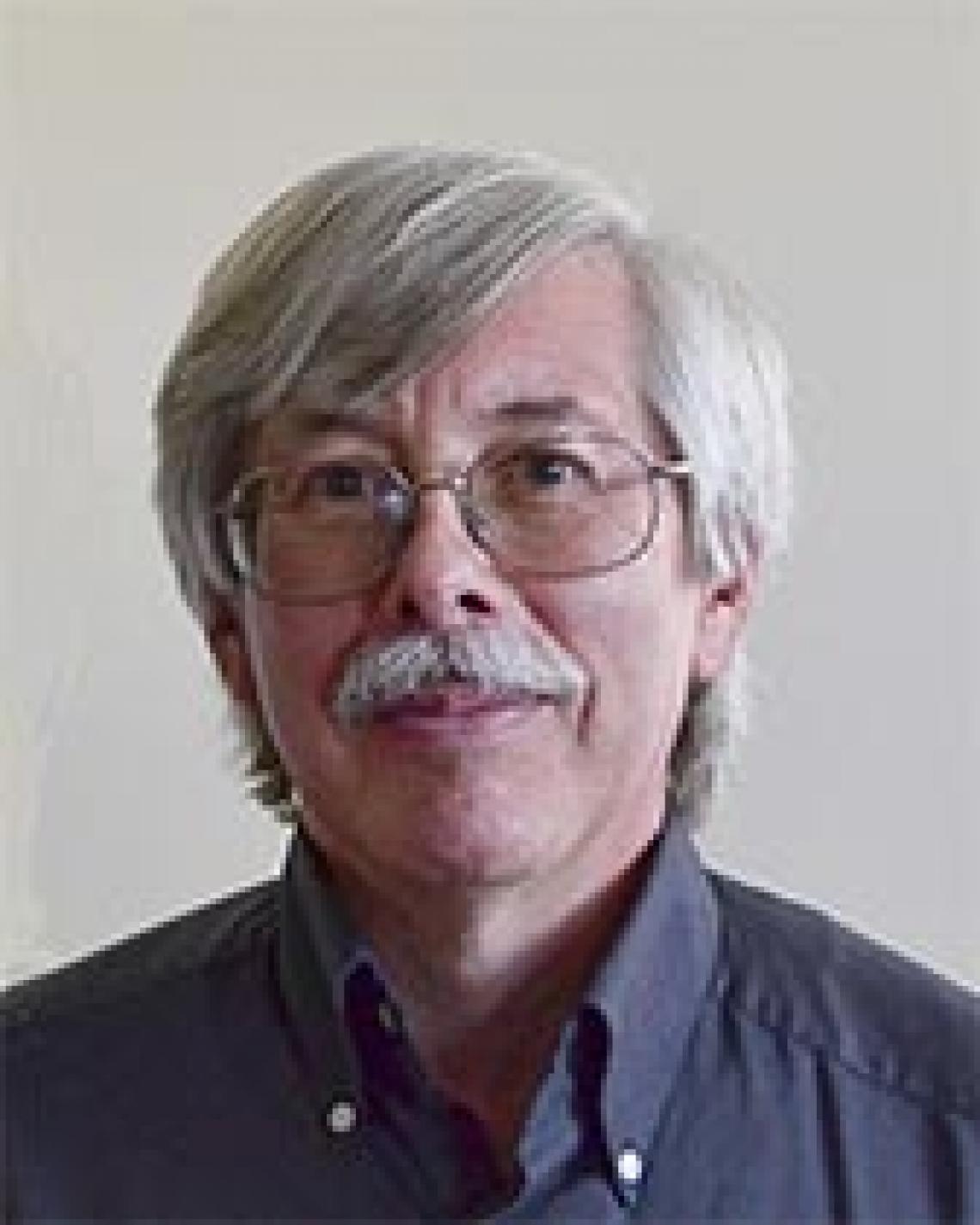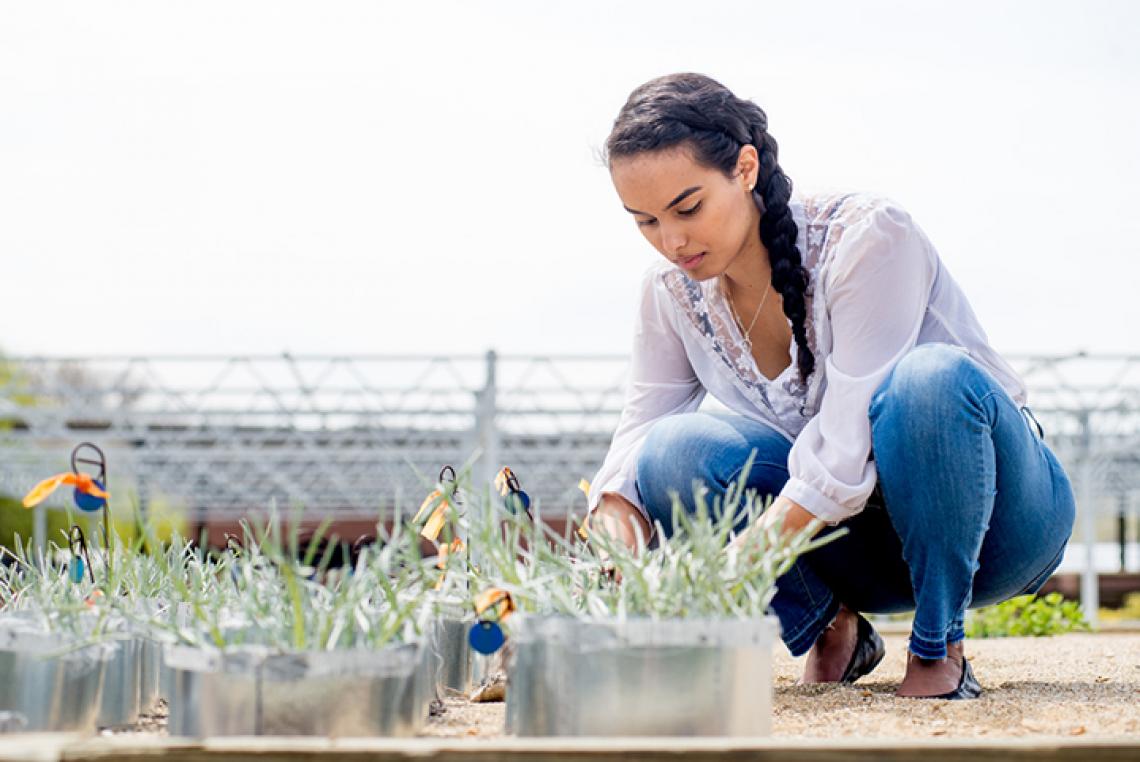Transcript
Welcome to another episode of the Northwestern Digital Learning Podcast, where each month, we highlight an example of innovative teaching and learning across campus. I'm Dan Hoefler, your host for this episode.
Last year, the Northwestern Office of Undergraduate Research awarded 1.3 million dollars in funding to 563 independent research and creative projects to support students’ post-college aspirations. Impressive numbers to be sure. But getting undergraduate research to the scale and scope of its operation today was no easy lift. Back in 2009, a partnership with Northwestern Information Technology led to the development of the underlying system in place today that allows for the seamless finding, applying, reviewing, and notifying of awards. Without which, the options available to students would be dramatically decreased.
I recently spoke with the director of the Office of Undergraduate Research, Peter Civetta, to better understand the impact of the partnership with IT and the continuing growth of opportunities for Northwestern students outside of the classroom.
PETER: Undergraduate Research as a field has developed to really try and help students transition, in many ways, out of college. The idea is they come into college and they're super smart and super capable but what they're really good at doing is giving people answers to things that already have answers because that's quizzes, writing papers, and things. But the problems that they're going to face in their life are based on solving problems that we don't currently have solutions for; about figuring out what the right question is. That's really what undergraduate research is about. It's about teaching them to use their creativity, their intellect, and the resources around them to find ways of understanding how to approach questions, determining what are the right questions, and then how do you go do something about it. So our overall purpose is really tied to helping them change their way of thinking.
Can you tell me a little bit about the office and the types of opportunities you provide to students?
PETER: In some fields like pre-med or chemistry, you already have a sense of what research is and how it works in your field. But at Northwestern, it's very important to us to expand those opportunities so that people realize that research is happening in every field – that Radio, TV, and Film faculty are doing research, that English faculty are doing research. Everybody's doing it. But we realize we've got to build a bridge to them.
We have nine core grant programs – everything from the research assistant program and the URG (Undergraduate Research Grant), which has academic year and summer components, to conference travel grants for students presenting at conferences. We have something called the Circumnavigator's Grant where one student is given $9,000 to travel around the world the summer after their junior year studying whatever it is they need to study. There's a wide breadth of what we do.
The application and review system – how does that work?
PETER: It enables students to upload their proposals online, connect to faculty mentors who automatically get emails to input their endorsements, and then I have review committee members who can then put in their reviews. We can send all the award notifications as well as do lots of assessment work. Departments will ask us how many of their students we’ve awarded and we can pull out that historical data.
How did the system come about, and what's been the result?
PETER: Previous to this, there was a kind of beta system. Before that, it was all done by paper – someone was literally making copies of student applications and a messenger would bring them around. It sounds like the worst thing ever. And the only reason it worked was because the volume of applications was very small, less than a third of what we get now. So this partnership just enabled us to grow.
If I didn't have this system I wouldn't be doing the outreach that I'm doing; I wouldn't be trying to reach more students because I couldn't handle the volume. I'd be putting too much weight and pressure on faculty to have to spend too much time doing this. It really was a game changer in our ability to impact student lives, to have this IT infrastructure that enables it all to happen.
Can you quantify the growth the system has enabled?
PETER: The year before [the system went online] they had 175 [applications] or something like that. Last year we had nine hundred applications. The awards went from 100 to over 550. The exciting thing is I don't believe we're even at the ceiling yet.
And from the faculty or administrative perspective, how's that been impacted?
PETER: I have a review committee of 35 faculty. Each application needs three reviews. So it's hundreds of hours that the review committee is doing. That number would be easily doubled, probably closer to tripled, if we didn't have a system. It just wouldn't work because of the scale and scope. If the system went away today, I couldn't run the office. Everything would have to change.
Neal Blair is the chair of the faculty review committee in charge of deciding which proposals are funded. What struck me when we spoke of the review process is just how tight of a time frame they're usually working in.
NEAL: The time to review proposals is generally not a big window. For instance, we may hear from Peter on a Thursday that we've passed a deadline and then generally over the next four days we will all sit down, divvy these things up electronically, and review them.
One of the big advantages of the system is that we can do this over the weekend very easily, which I suspect most of us do, and we can do it at home or in a coffee shop. The system has made the process much more portable, which I think is a big advantage.
The review itself is all remote, and then we will meet and discuss the reviews. We will get at least three reviews for each proposal and that will all be posted in the system. Then we look at those proposals that actually fall in a middle ground.
After seeing so many wonderful proposals come to fruition, I asked Neal what, for him, is the most rewarding thing about chairing the review committee?
NEAL: There's always a few who you watch grow through the system – they become addicted to the concept of research as I was as an undergraduate. And, over several years, in fact sometimes it's three years or more, you'll watch them grow not only as people but as researchers. Eventually they leave and go off and do really great things.
For Peter, one such student is Finote Gijsman.
PETER: She's an environmental science and biology major who’s working up at the Chicago Botanic Garden. It started as a research assistantship and she's now been working with this faculty member for three years. She's a senior now and has got to graduate. I'm running out of money to give her, she's gotten so many grants. She just took this thing that was interesting to her and now she's going to go to graduate school and it all started by having a foundational experience.
I was able to catch Finote between classes and asked her about her experience.
FINOTE: My winter quarter freshman year was when I wrote up a grant and applied to the summer URG. From then on, I kind of got hooked.
I work at the Botanic Garden with Dr. Pati Vitt. I've been there for the past three years and I've been working on the same project but adding on to it every year. I work on a threatened plant [Pitcher's thistle] that is endemic to the Great Lakes region. It's threatened mainly because of climate change and human disturbances. The plant grows on the dunes of Lake Michigan in high-demand areas for hotels so the plant's environment and habitat has been decreasing. There's also many other problems like a non-native weevil that has been introduced. I've been looking at the reproductive biology of the plant, trying to understand how the plant is reproducing in different environments to better inform conservation efforts.The recurring theme that impressed me most of my conversations about undergraduate research at Northwestern is just how impactful these experiences can be in confirming a student's post college aspirations. For Finote, that is certainly true.
FINOTE: I came in already knowing that I wanted to go into plant biology, which is why I went for the Botanic Gardens opportunity. It's really made me realize that this is for sure what I want to do – I want to go into research and go to graduate school. Getting the opportunity to get the grant and work on this project was a great way for me to not only network and talk to people in the field, but also to just make sure that this is what I want to do.
With such an increase in not only student applications but also faculty participation, I was curious to know if Peter thinks they'll find the threshold for what the university can reasonably handle anytime soon.
PETER: One of the things we've always believed is that the cap for undergraduate research is really going to be faculty. But, quite frankly, that's just not happening. The faculty are overwhelmingly supportive of the students and their ambitions. They're not really compensated for this – it’s all being done because they care. And the number of faculty involved continues to rise dramatically every year as we're able to spread the word about what the opportunities are. We are up more than threefold since the office was formed five and a half years ago, and we don't really know where the top is but we know we're not there.
Judging by Neal's sentiment when I asked him about the Office of Undergraduate Research, if there is a ceiling, it's not coming anytime soon.
NEAL: There's so much more happening here than just the classes that you might take. I think it would be almost criminal to not at least look into doing some sort of research and testing it out.
The vast majority of undergraduates in this country don't have this kind of capability. I mean that not only because of the faculty, but also because of the commitment that the Provost’s Office has made towards fostering research. Frankly, I've never seen an office like the Office of Undergraduate Research that works so hard to mentor students on how to get into the system and then does outreach to those groups, those departments that may not even have traditional research arms. It's one thing if you're in engineering – everybody does research and you kind of expect that. There’s probably a peer pressure to do it. But if you're in music or philosophy, that may not be quite the tradition in your department for undergraduates to be doing research.
What I love about the office is that they look at where are the gaps are and actively try to fill them. There's been a tremendous improvement in numbers and diversity of students applying in terms of fields and backgrounds over the last decade that I've been associated with this group. I'm really quite impressed. I doubt that there's another group like this in the country.
PETER: That's what's so cool about these kinds of opportunities. There is the very real chance that a summer grant, which is $3,500 dollars – so in the big scheme of things, not a terribly large sum of money – but it can be transformative and we see it to be transformative all the time. That's really exciting.
I want to thank Peter, Neal, and Finote for taking the time to chat with me, as well as for their contributions to the Northwestern community. If you're a student interested in finding a research opportunity, please visit undergradresearch.northwestern.edu.
You can find this episode, as well as all of our previous episodes, on the Digital Learning Soundcloud. Until next time…



